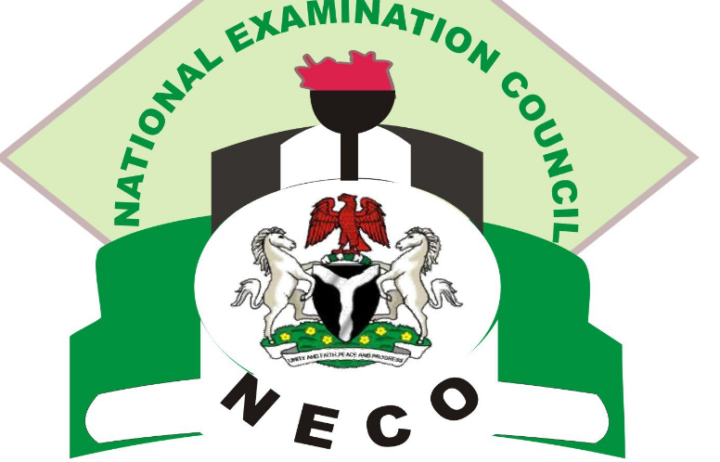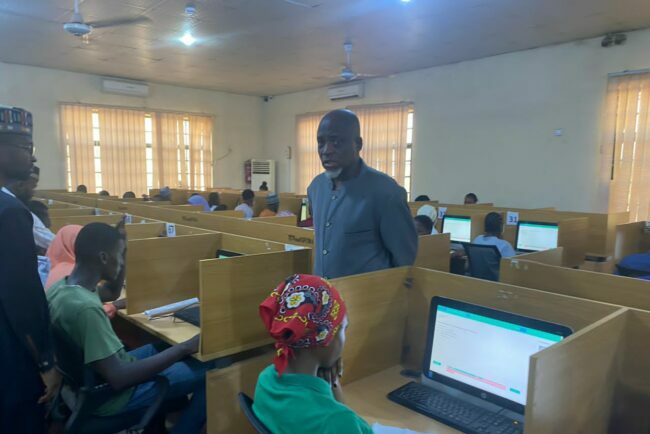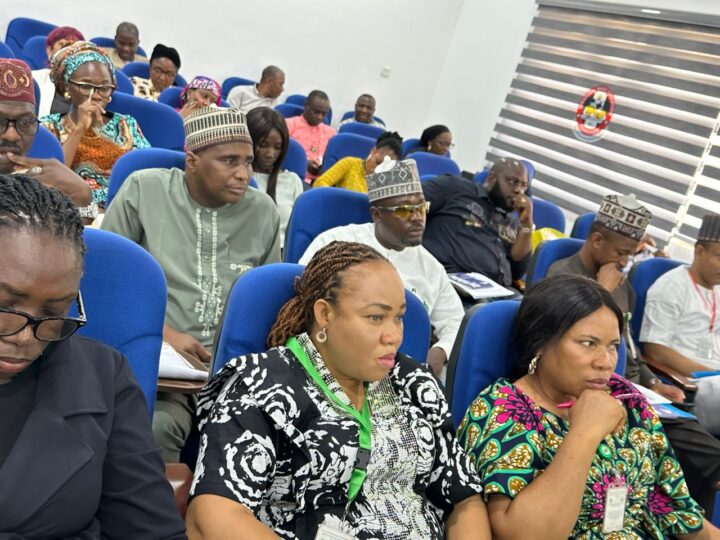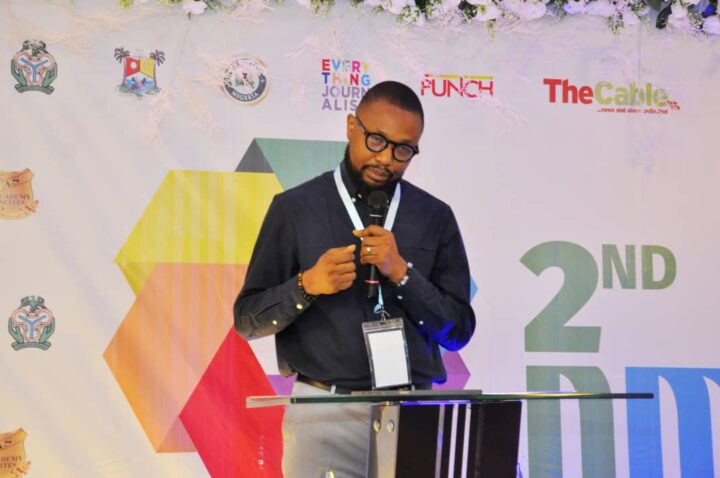Stakeholders in the education sector have demanded a review of the laws governing the National Examination Council (NECO) to accommodate emerging technologies.
The stakeholders spoke in Abuja on Monday during a one-day retreat organised by NECO.
The theme of the retreat was “Legislative functions: The imperatives of achieving NECO’s mandate and the challenges of examination legislation in Nigeria”.
Speaking at the event, Umar Bago, governor of Niger state, said it is important to look into the laws that guide NECO in the conduct of its various examinations to address issues of artificial intelligence.
Advertisement
“This retreat is very timely and I’m very impressed that the members of the national assembly are fully represented looking at what is good for examination bodies like NECO in terms of innovation, the imperative of changing or amending our laws to be in tandem with technology, time and innovation,” Bago said.
“For instance, artificial intelligence has come to stay, so our law must also be able to key into these technological advancements.
“I only call on NECO and stakeholders to expand it beyond this hall so that other stakeholders will have input and also be able to come out with a robust policy and laws to be sent to the national assembly.”
Advertisement
On his part, Ibrahim Wushishi, the NECO registrar, highlighted the need for a robust legislative framework to enable the council to fulfil its mandate.
Wushishi identified infrastructure constraints, a surge in candidate enrollment, inadequate funding, and examination malpractice as some of the challenges facing the council.
Also speaking, Sununu Tanko, the minister of state for education, who was represented by Didi Esther Walson-Jack, the permanent secretary of the ministry, also stressed the need to review the laws guiding the operations of the examination body.
“NECO plays an indispensable role in ensuring the sustainable management of our educational landscape,” the minister said.
Advertisement
“Despite the significance of the examination legislation, we cannot ignore the challenges we face, from outdated laws and validation to emerging issues like examination malpractice and digital transformation.
“There’s an urgent need to review and modernise the legislative framework to effectively address these challenges.”
Advertisement
Add a comment







